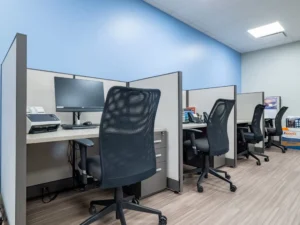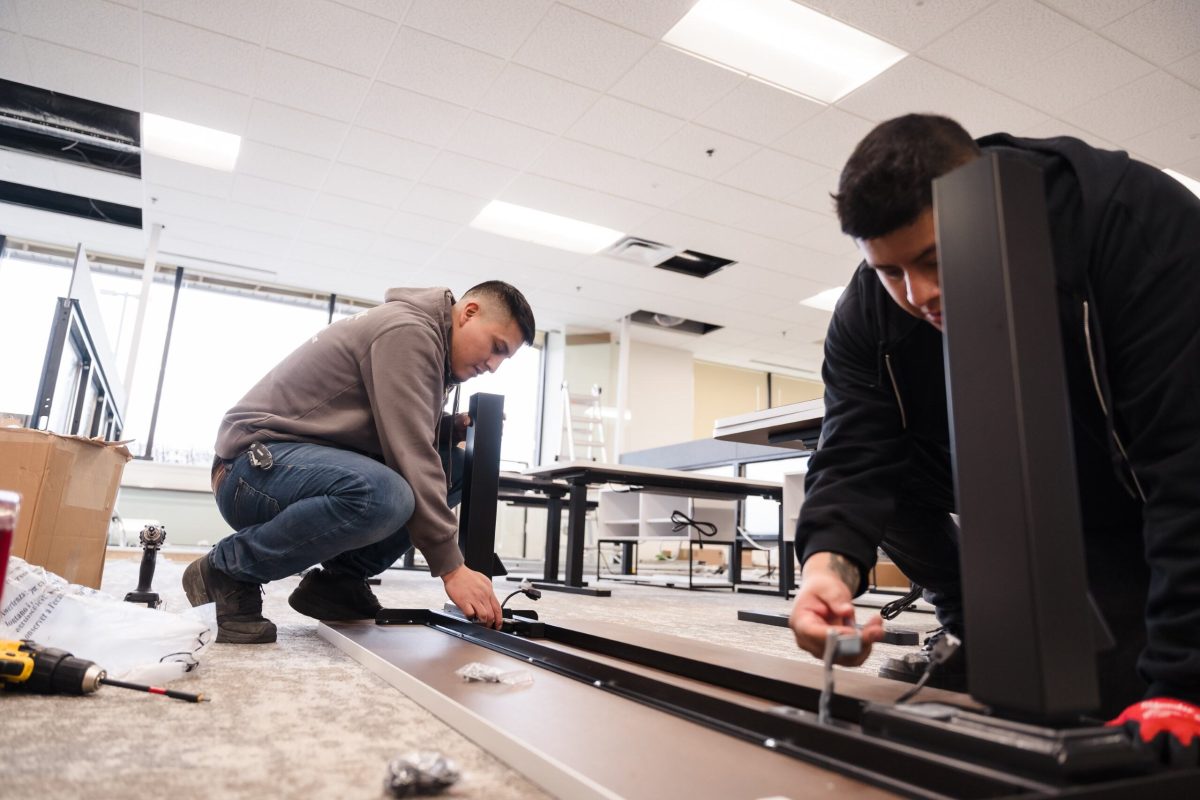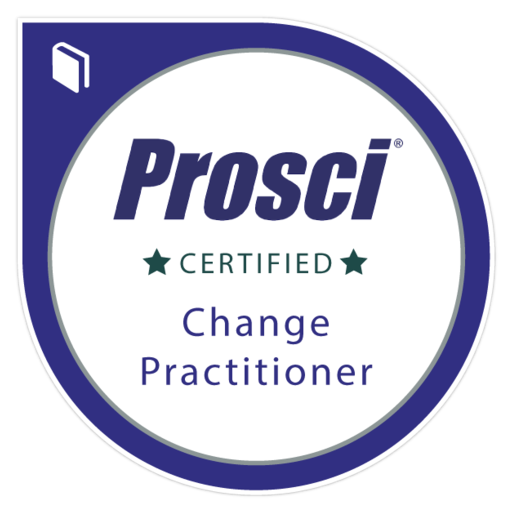Relocating a healthcare facility is a monumental task that extends far beyond simply packing and moving. It’s a high-stakes endeavor that demands careful planning, attention to detail, and a strategic approach to maintain patient care, comply with regulations, and protect valuable medical assets. Whether it’s a hospital, clinic, or specialized treatment center, each relocation presents unique challenges that require precise execution to ensure a seamless transition.
Take, for instance, the recent relocation of Rothman Orthopedics in Center City, Philadelphia. This move required a sophisticated level of planning and coordination to maintain the group’s exceptional standard of care while transitioning to a new, state-of-the-art facility. The challenges and strategies implemented during such moves highlight the importance of meticulous planning and the role of experienced professionals.
Key Challenges in Healthcare Relocation:
Healthcare relocations present a set of challenges distinct from other types of moves. Here are some of the most significant obstacles organizations face:
1. Patient-Centric Approach
Unlike office or commercial relocations, healthcare moves must prioritize the needs of patients at every stage of the process. Minimizing disruptions to care services is critical, as patients rely on these facilities for treatments and procedures that often cannot be delayed. For Rothman Orthopedics, this meant carefully planning the move to ensure uninterrupted patient care access.
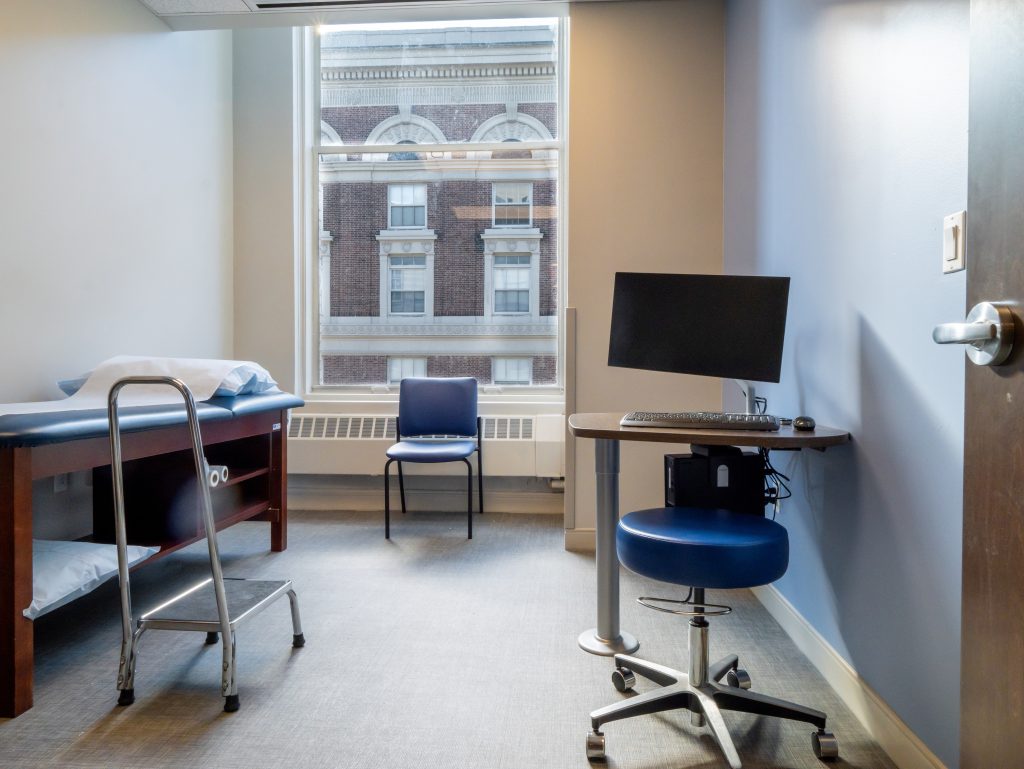
2. Regulatory Compliance
Healthcare facilities are bound by strict federal, state, and local regulations. This includes ensuring that patient data remains protected under HIPAA, that medical equipment is transported and installed according to industry standards, and that the new facility meets all regulatory codes.
3. Staff Coordination and Training
Relocating a healthcare facility involves more than just moving assets; it requires retraining staff to navigate the new space, workflows, and systems. For example, the staff at Rothman Orthopedics needed to be seamlessly integrated into their updated environment to ensure continuity in patient care.
5. Communication with Patients
Patients need to be informed well in advance about changes to the facility’s location. Clear communication about new addresses, parking information, and appointment rescheduling helps minimize confusion and anxiety during the transition.
Steps to a Successful Healthcare Relocation
A successful healthcare relocation requires a strategic, step-by-step approach. Below are some best practices to ensure a smooth move:
1. Detailed Pre-Move Planning
Begin with a comprehensive relocation plan that outlines timelines, budgets, and responsibilities. Conduct an inventory of medical equipment, furniture, and supplies to understand what can be reused or upgraded. Collaborate with key stakeholders—administrators, clinicians, and even patients—to identify potential challenges and solutions.
2. Partner with Industry Experts
Healthcare relocations are complex, and partnering with professionals who specialize in such moves can make all the difference. These experts understand the nuances of transporting medical equipment, maintaining compliance, and managing timelines. For the Rothman Orthopedics relocation, Interwork Office Solutions was instrumental in handling logistics, ensuring a smooth transition to the new facility.
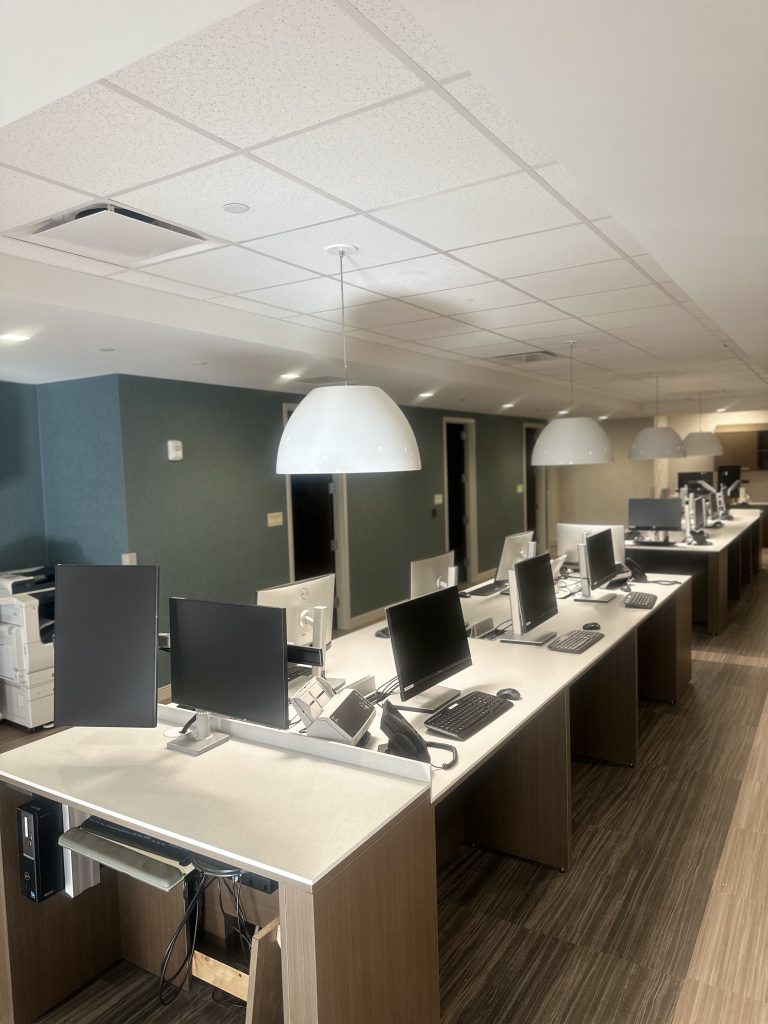
3. Prioritize Patient Communication
Keep patients informed throughout the relocation process. This includes providing details about the new location, updated contact information, and any temporary changes in service availability. A patient-first approach fosters trust and reassurance during the transition.
4. Manage Medical Equipment with Precision
Engage certified technicians to disassemble, transport, and reinstall sensitive medical equipment. Post-move testing and calibration are essential to ensure all devices are functioning correctly before resuming operations.
5. Optimize the New Space
Relocations present an opportunity to improve workflows and patient experiences. Use the move to implement modern layouts, ergonomic furniture, and technology upgrades that enhance operational efficiency and comfort.
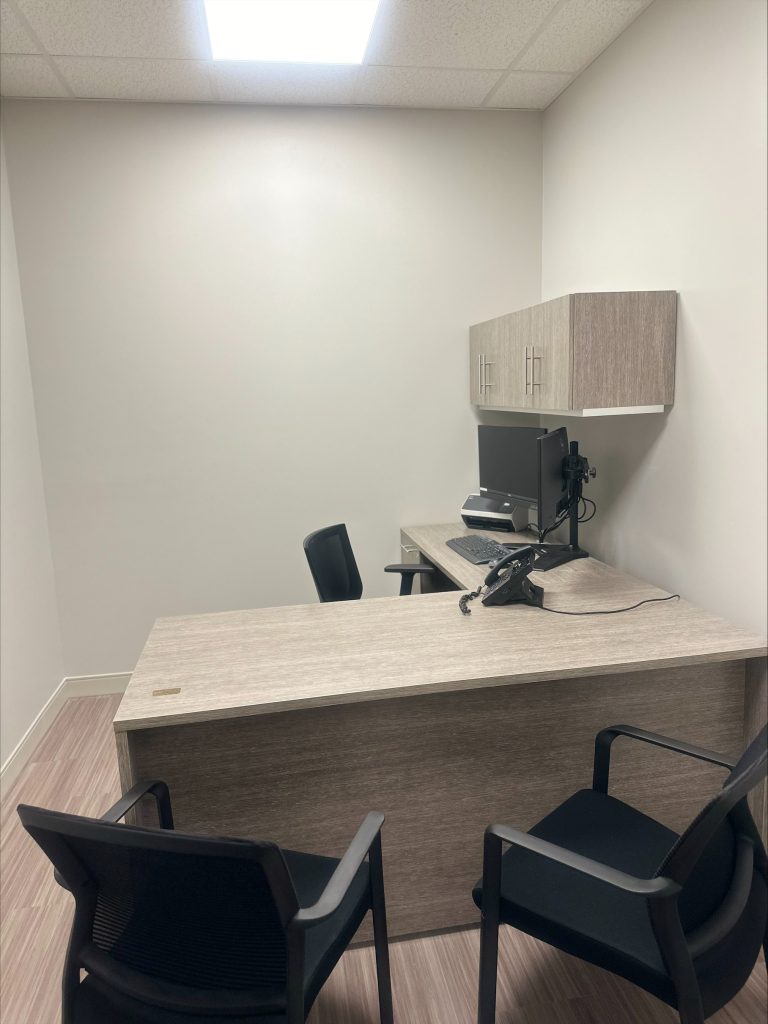
6. Conduct a Post-Move Review
After the move, conduct a thorough review of the process. Identify lessons learned and opportunities for improvement to guide future relocations or expansions.
Sustainability and Healthcare Relocations
Sustainability is increasingly important in healthcare facility relocations. Moving to a new space provides an opportunity to integrate environmentally friendly practices, from recycling unused furniture to selecting sustainable materials for upgrades.
Sustainable Practices at InterWork Office Solutions:
• Repurposing Furniture: During relocations like Rothman Orthopedics’, we assess existing furniture for potential reuse. Items that can be refurbished or reconfigured are prioritized, reducing waste and environmental impact.
• Recycling and Donation: Furniture and equipment that cannot be reused are responsibly recycled or donated to organizations in need.
• Sustainable Materials: The new facility can incorporate sustainable, energy-efficient solutions, contributing to ESG goals while creating a healthier environment for patients and staff.
Rothman Orthopedics Relocation: A Case Study
The recent relocation of Rothman Orthopedics in Center City highlights the complexities of moving a healthcare facility and the benefits of partnering with experienced professionals.
Challenges Addressed:
• Patient Access: The move was meticulously planned to ensure no interruptions in patient care. Advanced communication strategies kept patients informed about the new location and any changes to appointments.
• Equipment Handling: Specialized medical equipment was transported and reinstalled with precision, ensuring it was fully operational upon arrival.
• New Facility Optimization: The relocation was used as an opportunity to upgrade furniture and enhance workflows, creating a modern, patient-centric space that supports Rothman’s mission.
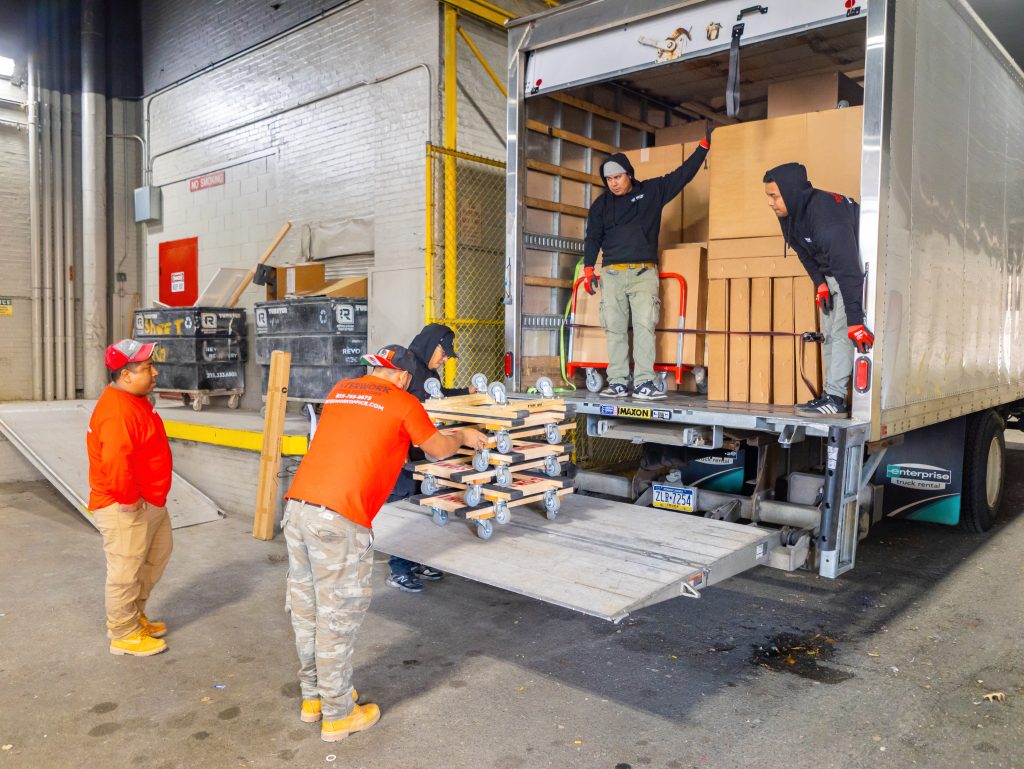
Outcome:
Thanks to careful planning and expert execution, the transition was seamless, allowing Rothman Orthopedics to continue providing top-tier care in their new location without missing a beat.
Why Partner with InterWork Office Solutions?
Relocating healthcare facilities requires a balance of logistical precision, regulatory compliance, and patient-first thinking. At Interwork Office Solutions, we specialize in managing these complexities with tailored solutions that align with your organization’s unique needs.
Our Services Include:
• Comprehensive relocation planning.
• Medical equipment management by certified technicians.
• Furniture assessment, repurposing, and recycling.
• ESG-focused strategies to minimize environmental impact.
• Post-move evaluations to ensure success.
Whether you’re moving a small clinic or a multi-site healthcare organization, we bring the expertise and dedication needed to ensure a smooth transition.
Conclusion
Healthcare facility relocations are complex, but with the right strategy and support, they can also be an opportunity for growth and improvement. By prioritizing patient care, ensuring compliance, and embracing sustainability, organizations can turn the challenge of relocation into a success story.
The relocation of Rothman Orthopedics in Center City is a testament to the power of meticulous planning and expert execution. With Interwork Office Solutions as your partner, you can achieve a seamless move that supports your mission and sets the stage for continued excellence.
Ready to relocate your healthcare facility?
Contact Interwork Office Solutions today to learn how we can guide you through every step of the process.
InterWork Office Solutions offers comprehensive support during the decluttering phase. For example, with our expertise in decommissioning and secured storage, we help businesses responsibly dispose of or repurpose office items. Our ESG reporting services are available for companies looking to go green to document sustainable practices throughout the relocation. Additionally, through partnerships with local organizations, we help facilitate donations and recycling of gently used furniture and equipment. This sustainable approach reduces waste and contributes positively to the community.
InterWork recommends assigning department team leaders to coordinate packing and inventory tracking, which keeps the process organized and helps avoid miscommunication. This approach enables employees to stay engaged with the relocation plan and ensures they feel involved, making the move smoother and more collaborative.

